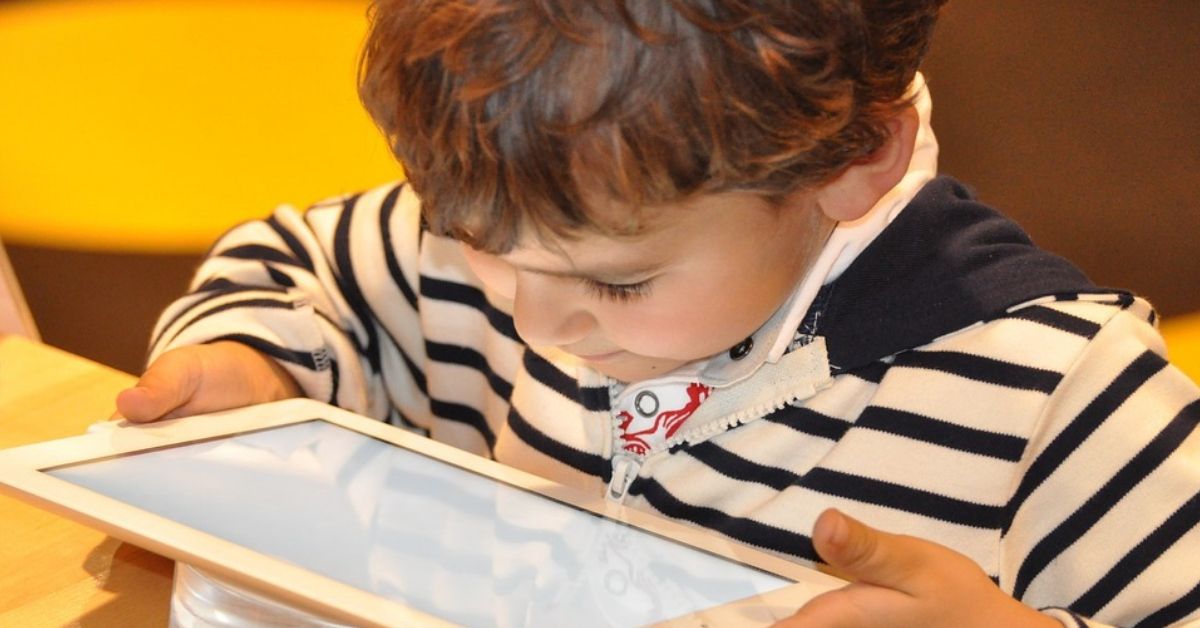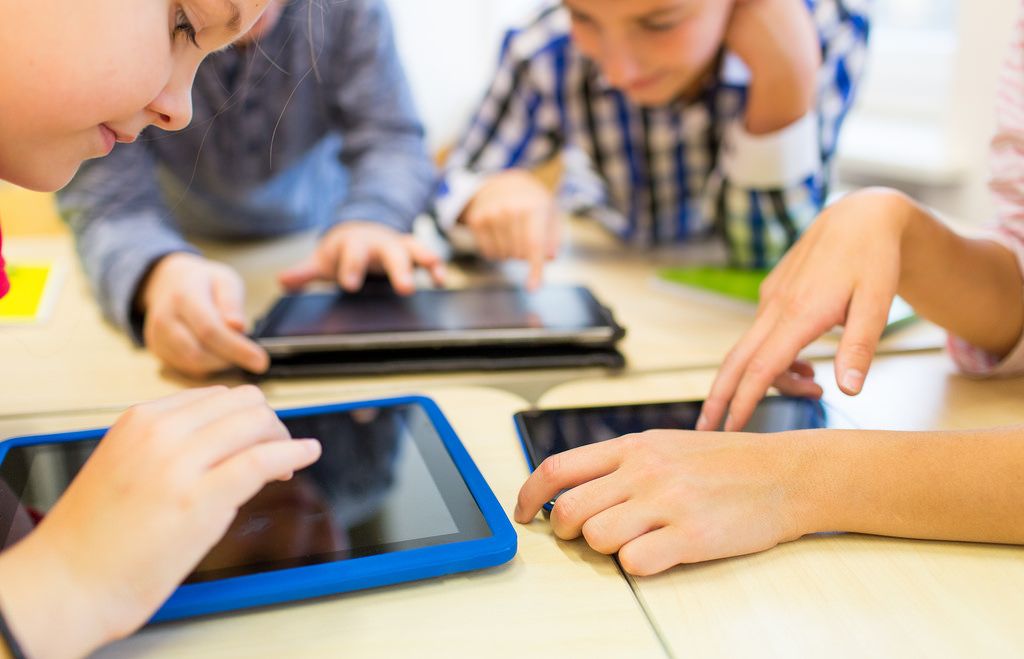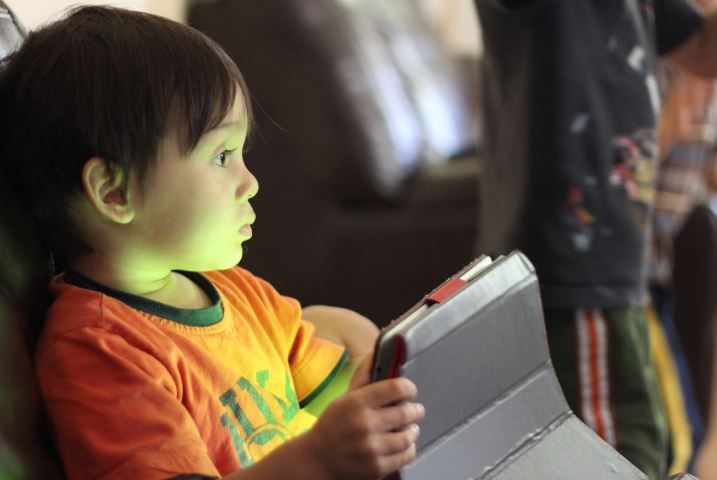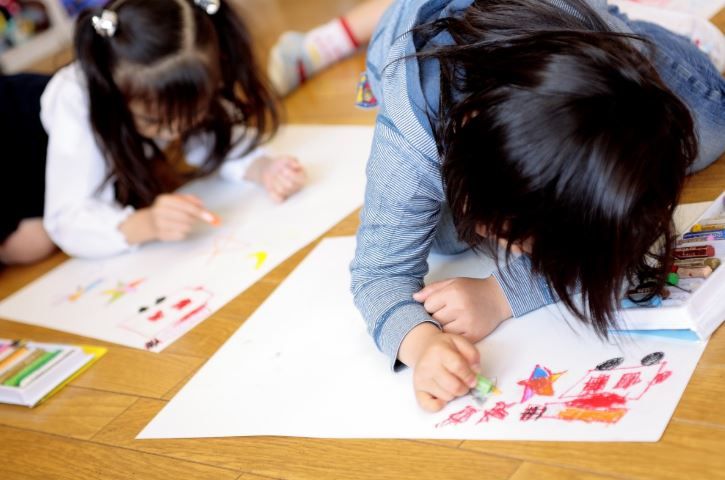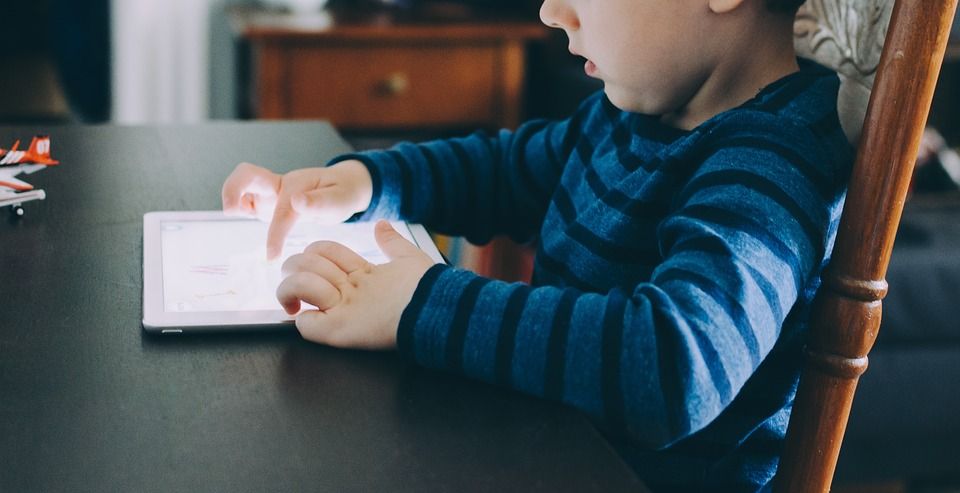Times have really changed. Nowadays, everywhere you go you see elementary school kids with their own smartphones and toddlers playing games on their parents' phones or tablets.
The digital world has infiltrated nearly every aspect our lives, and while there has been good that's come out of it, there have also been some negative consequences.
For example, an experiment conducted by five high school biology students discovered that the radiation from Wi-Fi may be the reason why they have difficulty concentrating in school and trouble sleeping at home.
In their experiment, they took 400 cress seeds and separated them between 12 different containers. All the cress seeds that were kept far away from the Wi-Fi router grew healthy, but the ones next to the router did not.

This experiment received worldwide recognition last year, and for good reasons. There's simply a lot we don't know about our phones and the systems that help operate it, and how those affect our health.
Researchers have now discovered some more staggering information about the dangers of mobile and tablet use, and this time it's directed towards children as young as two.
According to the CDC, 1 in 5 American children ages three to 17 have a mental or behavioral disorder.
Researchers from San Diego State University and the University of Georgia are not surprised by these stats.
"Half of mental health problems develop by adolescence," professors Jean Twenge and Keith Campbell said.
In a nationwide health survey in 2016, the scientists analyzed data provided by the parents of more than 40,000 US children aged two to 17.
The questionnaire asked about their children's medical care, any emotional or developmental issues, and how much time they spend looking at a screen.
They warn that by just spending one hour staring at a screen can make children more likely to be depressed or anxious.
Not only that, young children are also at risk of being less curious, distracted, and have lowered self-control.
According to a report by Common Sense Media, a nonprofit organization that helps children, parents, and educators navigate the world of media and technology, kids under nine years old are spending more than two hours a day on screens.
As for adolescents, they're spending more than seven hours a day on screens.
Twenge and Campbell's study, which was published in the journal of Preventive Medicine Reports, warns that these negative effects are worrisome, but there's still hope.
"How children and adolescents spend their leisure time is [easier] to change."
There's a lot that can be done to better the mental health of the next generation.
While letting your child play with a phone or tablet is a reward they love, it may not be worth it in the long run.
Parents and teachers must be cognizant of the amount of time children spend online or watching TV.
Here are three tips that will help you limit your child's screen time.
1. Establish "technology-free zones" in your home.
Let your children know that certain places in the house are meant for other purposes, and not for someone to watch television or surf the internet.
Many parents will force their children to unplug in the dining room, but some people recommend banning screen time in the bedroom too.
2. Make the use of technology a privilege
There's nothing wrong with giving your child a reward they love, but make sure they don't abuse it.
Try to encourage your child to participate in other activities so that they understand screen time is a privilege.
3. Talk to your kids about the dangers
Just like how you tell your children about the importance of healthy eating and other healthy habits, discuss with them the importance of limited screen time.
[H/T: Daily Mail]
